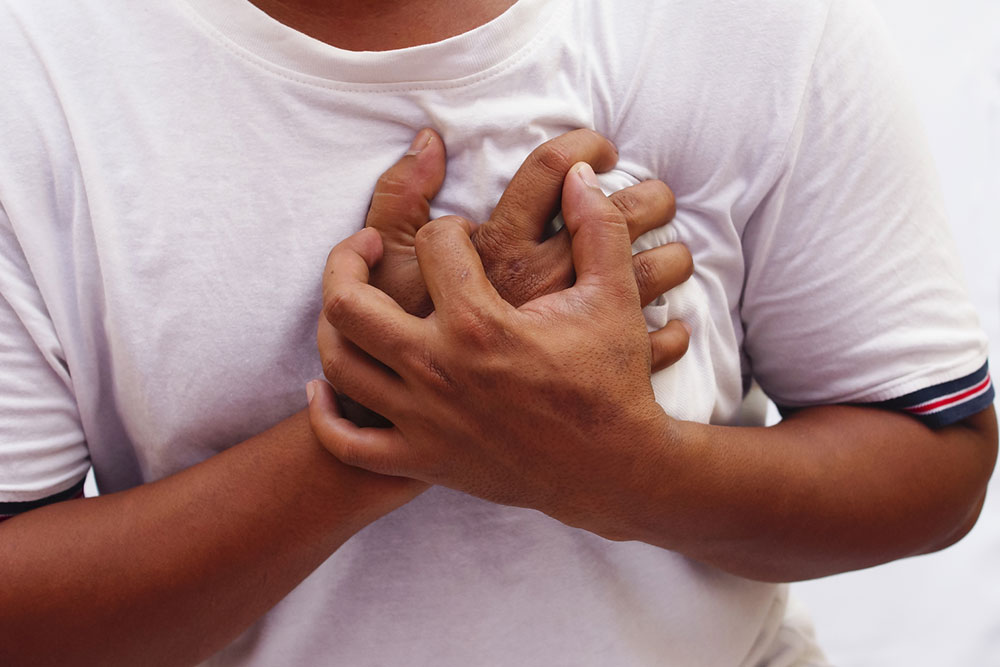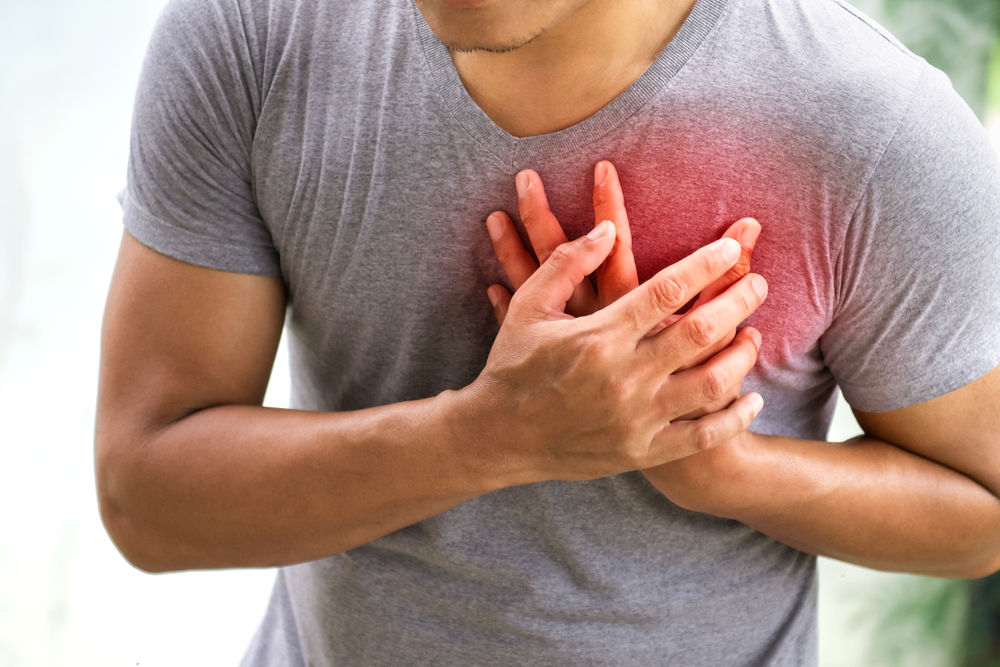Top 7 Causes of Chest Discomfort You Should Know
Chest discomfort can stem from various causes, including gastrointestinal issues, lung conditions, muscular injuries, bone problems, psychological factors, and heart diseases. Recognizing these common triggers is vital for timely diagnosis and treatment to prevent serious complications. This guide highlights the diverse origins of chest pain, emphasizing the importance of understanding symptoms for effective medical intervention.
Sponsored

Chest discomfort can manifest in various forms—from sharp and stabbing to dull or burning sensations—and its causes are diverse. While chest pain is often linked to heart issues like heart attacks, many other conditions can also produce similar symptoms. Problems involving the nerves, ribs, lungs, digestive organs, or other areas may be responsible. Recognizing the underlying cause is crucial for proper treatment. Here, we explore the most common reasons behind chest discomfort that you need to be aware of.
Gastrointestinal issues causing chest discomfort
Inflammation or irritations within the digestive tract or the area between the neck and upper abdomen can lead to chest pain episodes. Conditions like acid reflux disease (GERD) often cause a burning sensation or persistent discomfort in the chest area. Hiatal hernias are a common culprit, as are esophageal inflammation, perforations, and rupture. When the gallbladder becomes inflamed or bile ducts block, intense chest pain may also occur.
Pancreatic disorders and chest pain
Conditions affecting the pancreas, such as pancreatitis, duct blockages, or pancreatic cancer, can cause intermittent or continuous abdominal pain that radiates into the chest.
Digestive tract issues leading to chest discomfort
Heartburn accompanied by a burning sensation or pain in the breastbone can cause sharp, severe chest pain. Swallowing problems may also result in chest discomfort.
Pulmonary causes of chest pain
Lung-related issues like pulmonary embolism, pulmonary hypertension, or pleurisy can produce chest pain. These conditions involve blood clots, increased arterial pressure, or lung membrane inflammation, causing sharp pain, tenderness, shortness of breath, and chest tightness. Pneumonia and collapsed lung are additional lung conditions linked to chest pain.
Muscle and nerve-related chest pain
Injuries or inflammation in chest muscles, ligaments, or nerves—due to trauma—can result in pain during coughing, swallowing, or breathing. Shingles may also cause sharp chest pain. These pains can be sporadic or persistent and often worsen with activity.
Bone-related causes of chest discomfort
Ribs and sternum injuries from trauma can lead to sharp, throbbing pain, especially during respiration. Conditions like fractured ribs, costochondritis, or rib tumors may be responsible. Rib cancer typically causes dull, ongoing pain with localized inflammation at impacted sites.
Psychological factors contributing to chest pain
Anxiety, panic attacks, and stress can trigger sensations of chest tightness, stabbing pain, and palpitations. These symptoms are often mistaken for heart attacks but are usually linked to heightened anxiety states, accompanied by symptoms like rapid heartbeat, shortness of breath, sweating, and a feeling of dread.
Other potential causes of chest pain
Additional conditions such as metastatic cancer, chronic obstructive pulmonary disease (COPD), mitral valve prolapse, diaphragm issues, or asthma may also contribute to chest discomfort.
Heart-related causes of chest pain
Cardiovascular diseases, including coronary artery disease, heart attack, pericarditis, or hypertrophic cardiomyopathy, frequently result in chest pain. Symptoms often intensify with exertion and require urgent medical attention. Conditions like angina and aortic dissection are particularly dangerous and characterized by chest pain that worsens during physical activity.






